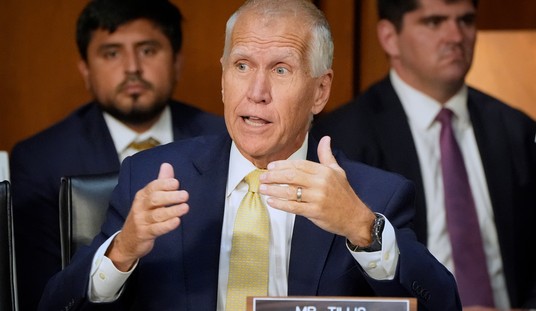After an unprecedented day of attacks from 4 fronts, Sinai, Lebanon, Syria and Gaza, reports indicate that the Israeli government has agreed to an Egyptian-brokered ceasefire.
Israeli media is now reporting that Israel has agreed to an Egyptian draft ceasefire proposal. Hamas has not yet replied, but there are hints it may agree.
According to the proposal: There were would be de-escalation of the fighting beginning at 9 a.m. Israel time that would last for 12 hours. That would be followed by a ceasefire for 48 hours. Then delegations from Israel and Hamas would travel to Cairo for peace talks.
Israel has not rejected it, according to the media reports, because this war is seen as an achievement for Israel because it will have ended without Israel suffering any serious damage.
If Hamas were to reject it, Israel then would have international legitimacy to widen the war, according to analysts quoted in the Israeli press.
Early analysis published at the Times of Israel indicates that a deal is unfavorable to Hamas:
…there is some language providing for the opening of the border crossings, and an easing of movement of people and goods via those crossings as permitted by the security situation. But that language is almost a direct repetition of the November 2012 ceasefire terms that brought Operation Pillar of Defense to a close. Time and again, Hamas’s leaders have been stressing in recent days that “there will be no return to the 2012 ceasefire terms.”
However, Israel’s willingness to accept the ceasefire pins the terrorist organization into a tight corner in the international scene:
Hamas’s problem is that if it rejects the Egyptian proposal it will find itself unprecedentedly isolated in the international community and the Arab world. Cairo will accuse it of torpedoing the opportunity for calm, and Jerusalem will have the legitimacy to mount a ground offensive into Gaza.
…And what of the Netanyahu government? It would seem that most members of the security cabinet recognize that the Egyptian proposal represents a fair achievement for Israel, and a significant failure for Hamas.
Will Israel only be pushing off the inevitable, or worse in seeking to negotiate with Hamas? Or is this merely a move by Netanyahu’s government to increase international support for a full-fledged military operation? With an unwilling partner in the White House, and an unlikely negotiating partner in Egypt, only time – or terrorists – will tell.
Update: 6 hours into the unilateral ceasefire, during which time Hamas fired 50 rockets into Israel, Israel has resumed strikes on Gaza. U.S. Secretary of State John Kerry has condemned Hamas for not accepting the ceasefire. Has Bibi called Hamas’ bluff?









Join the conversation as a VIP Member